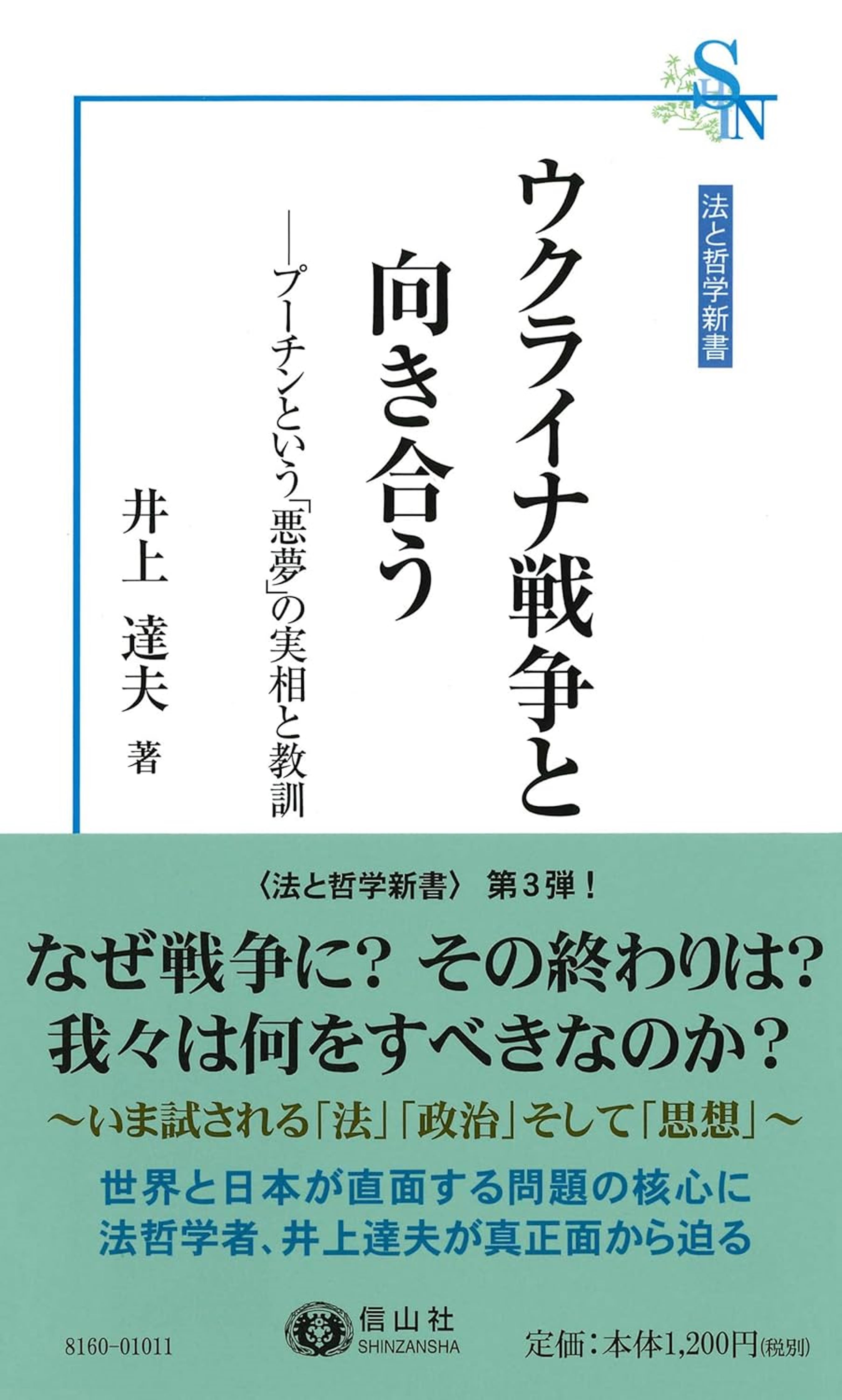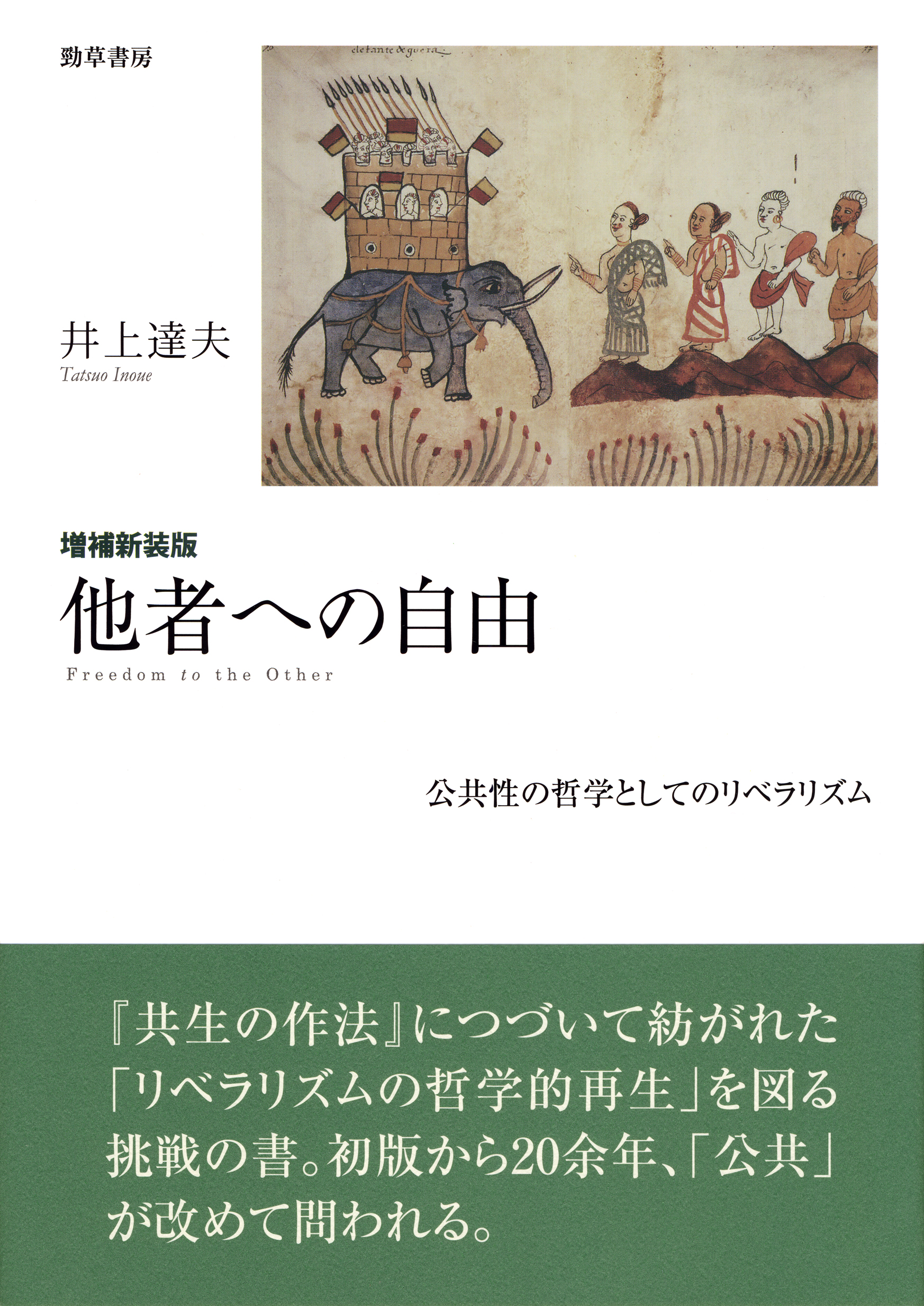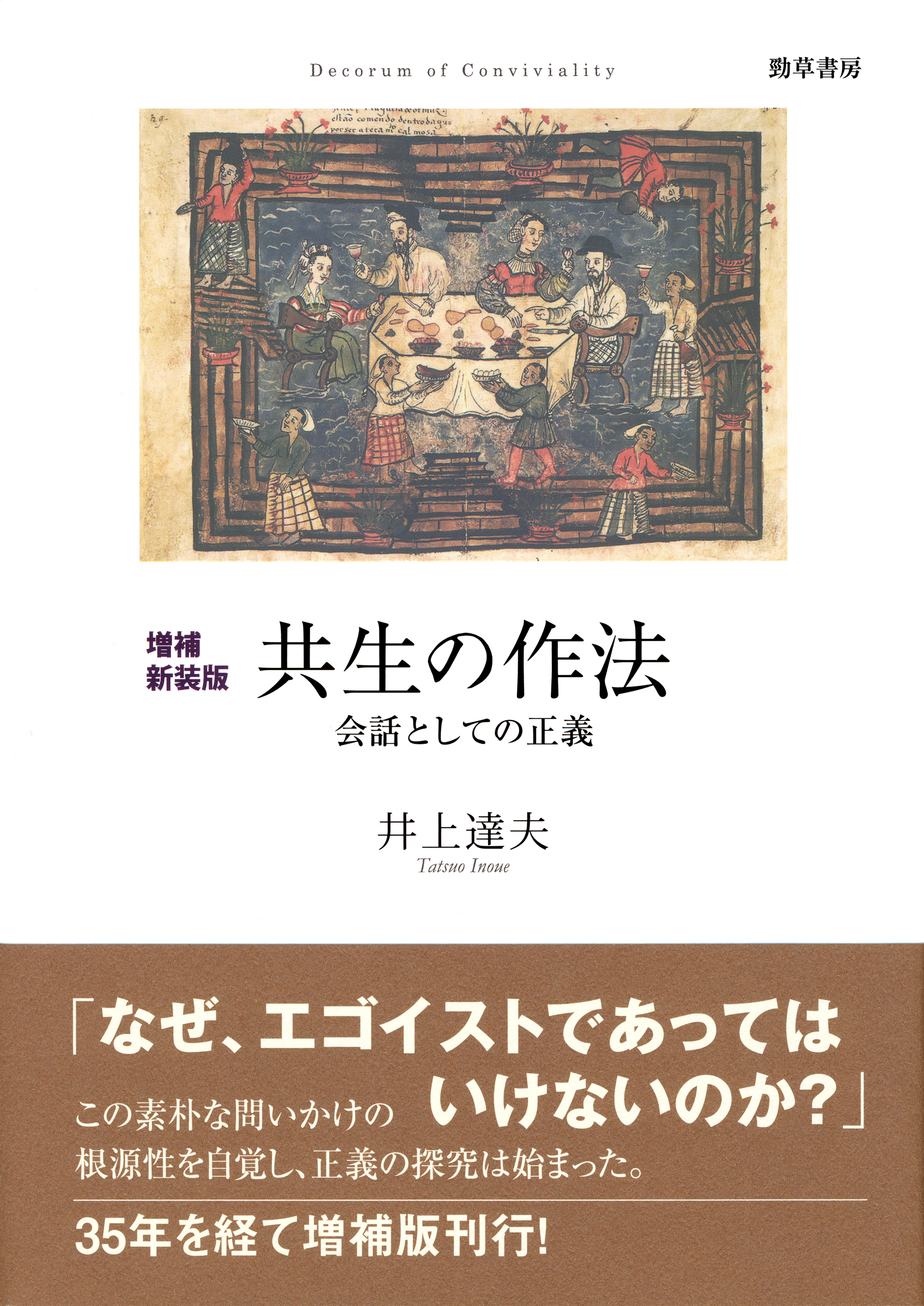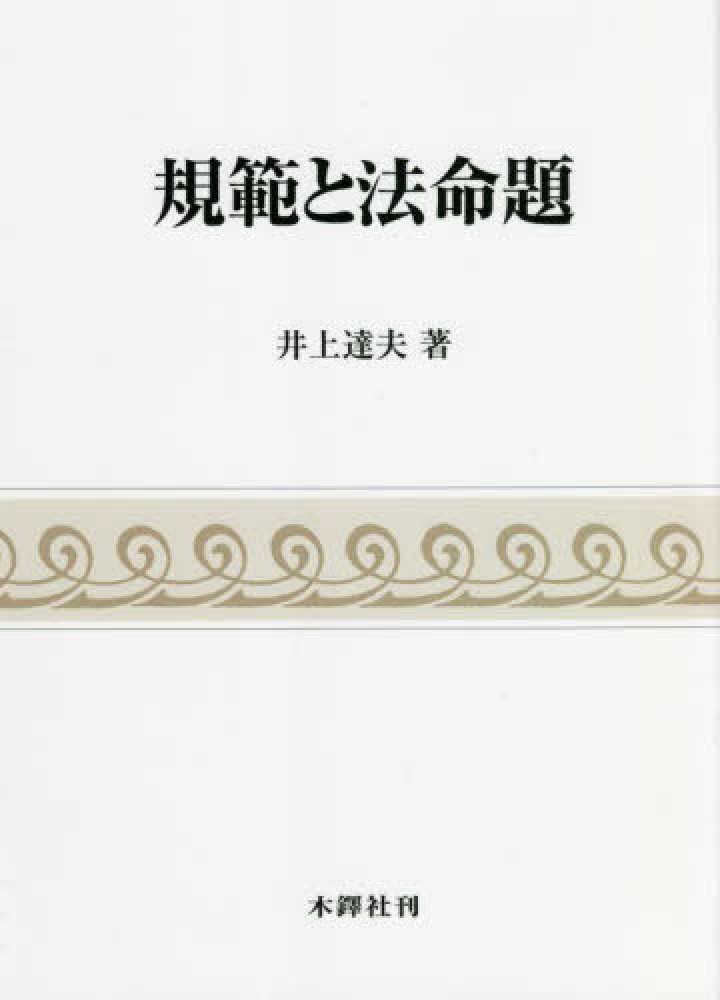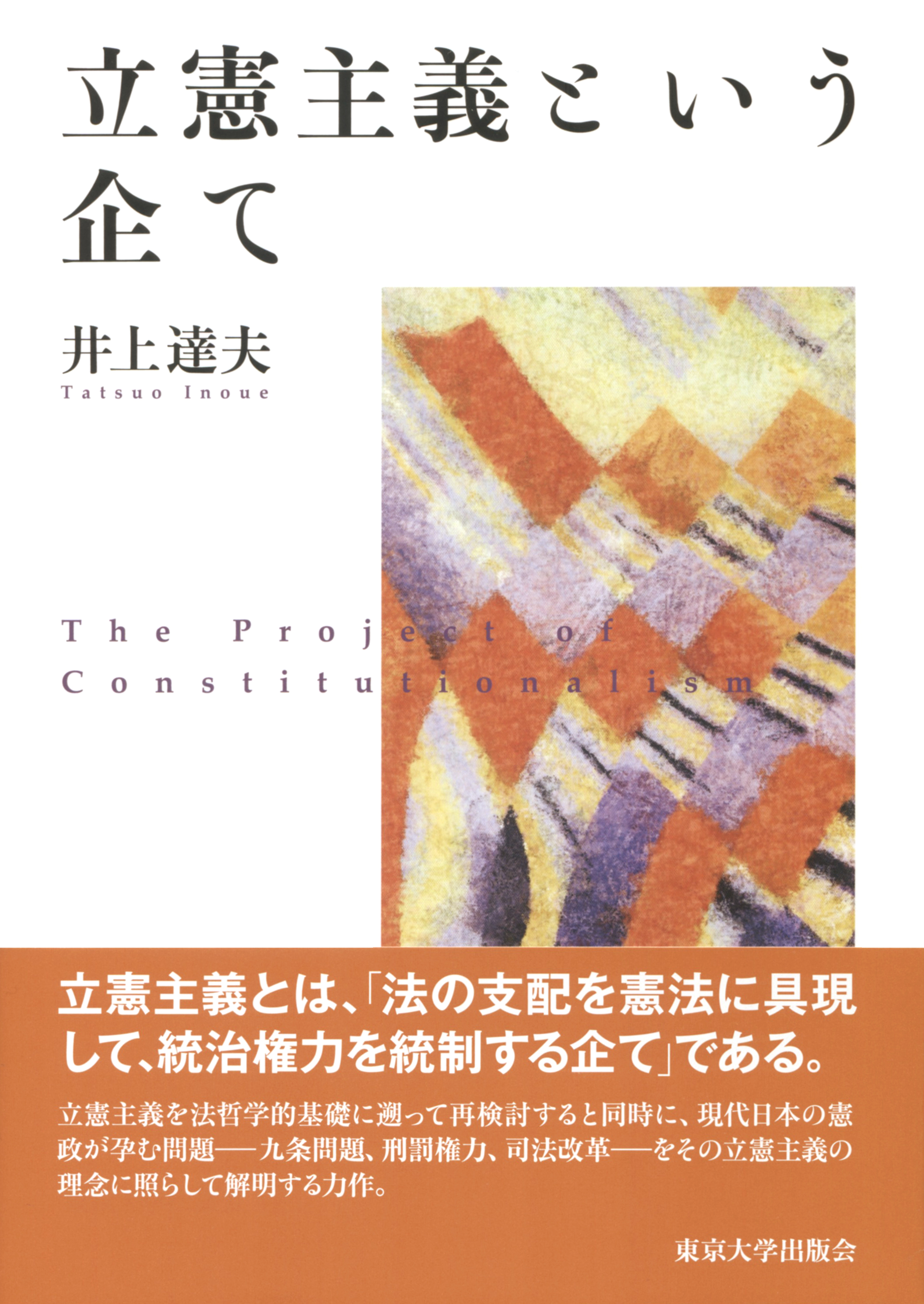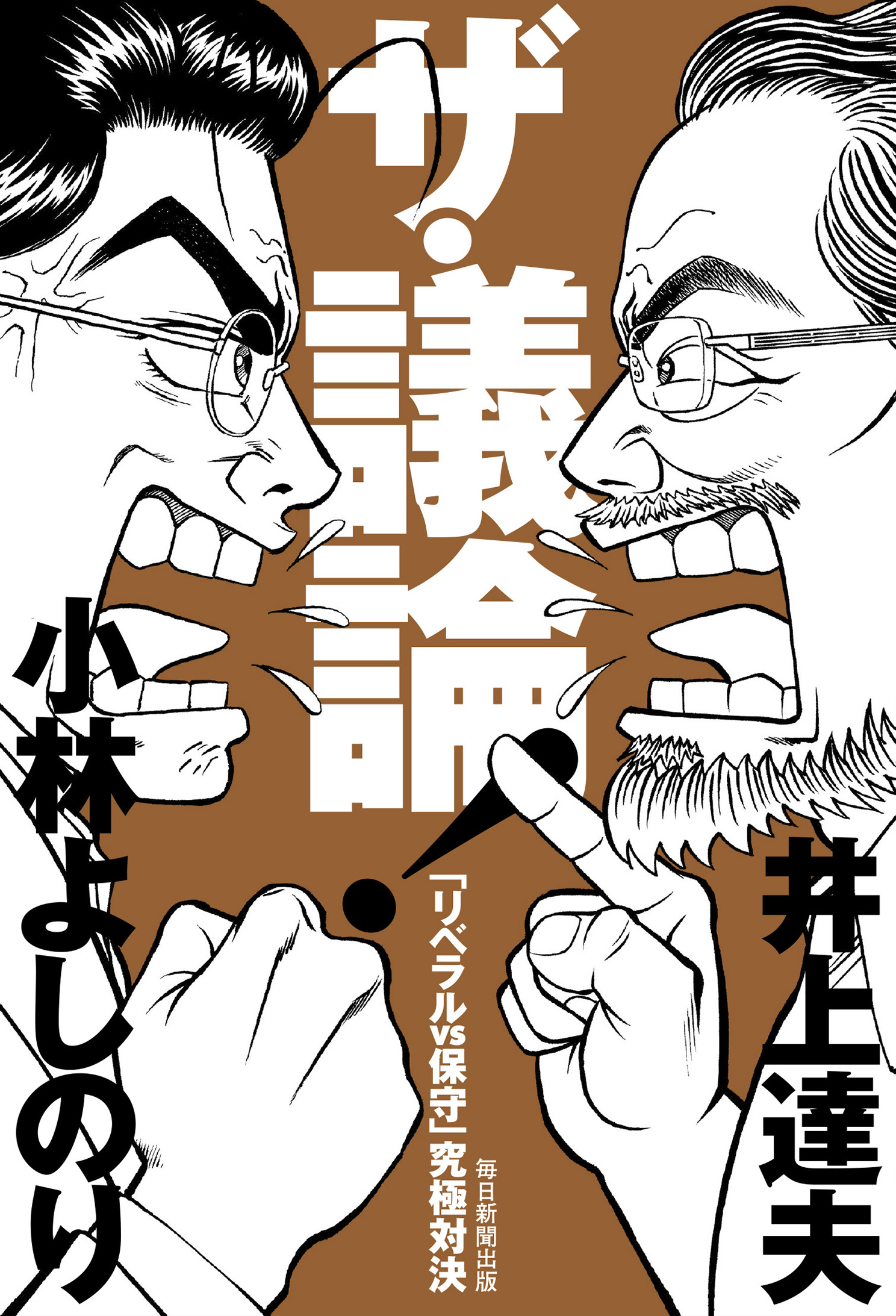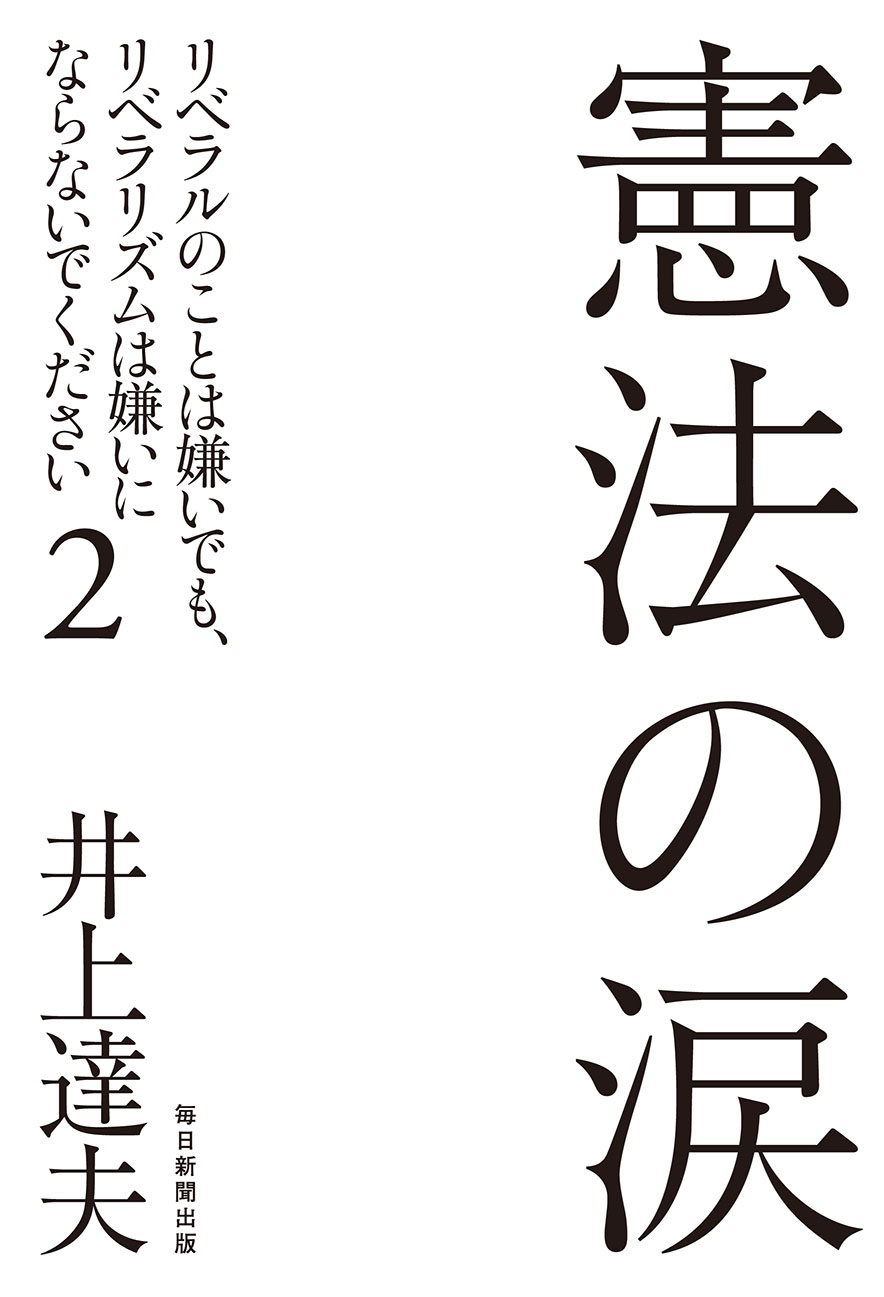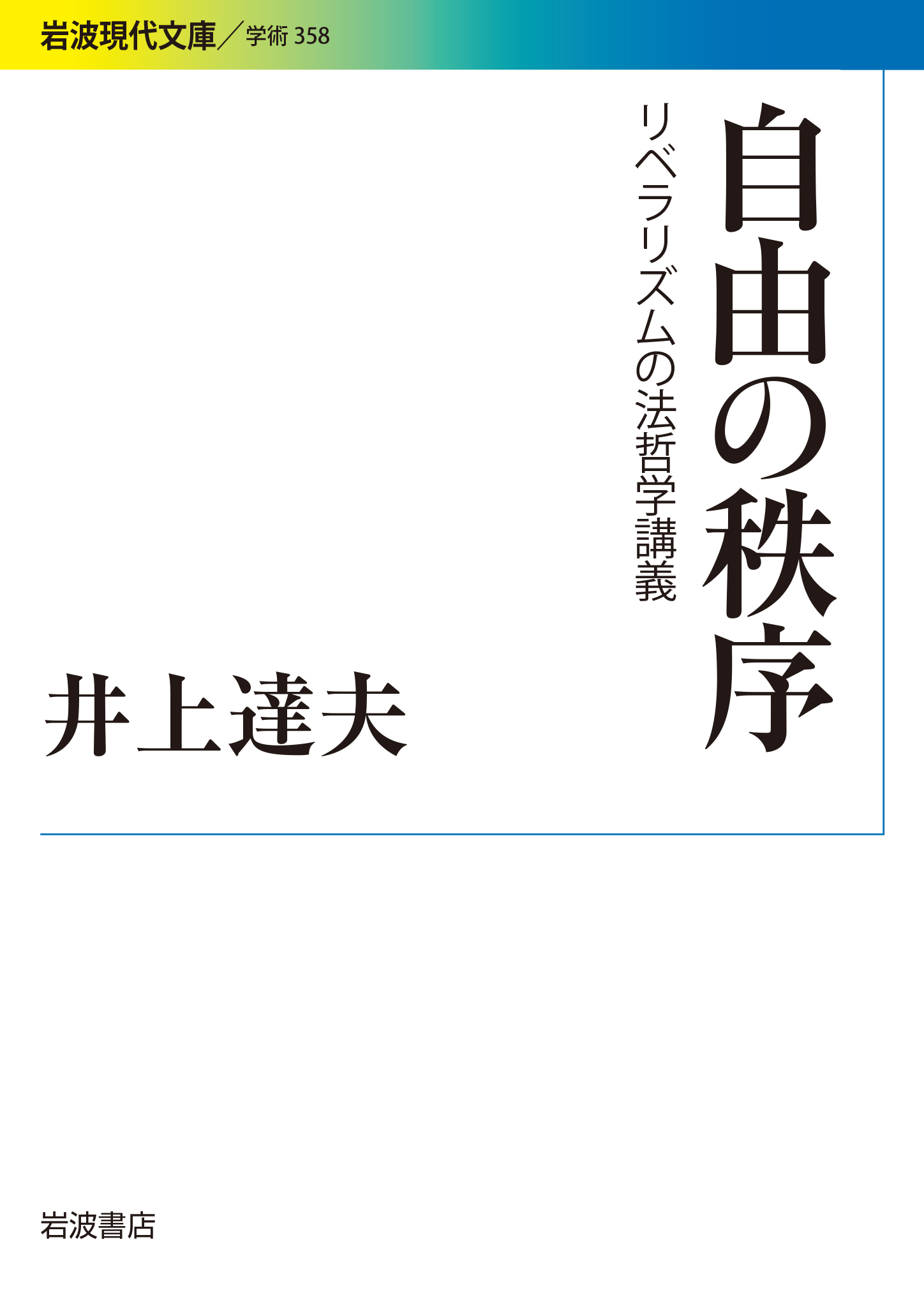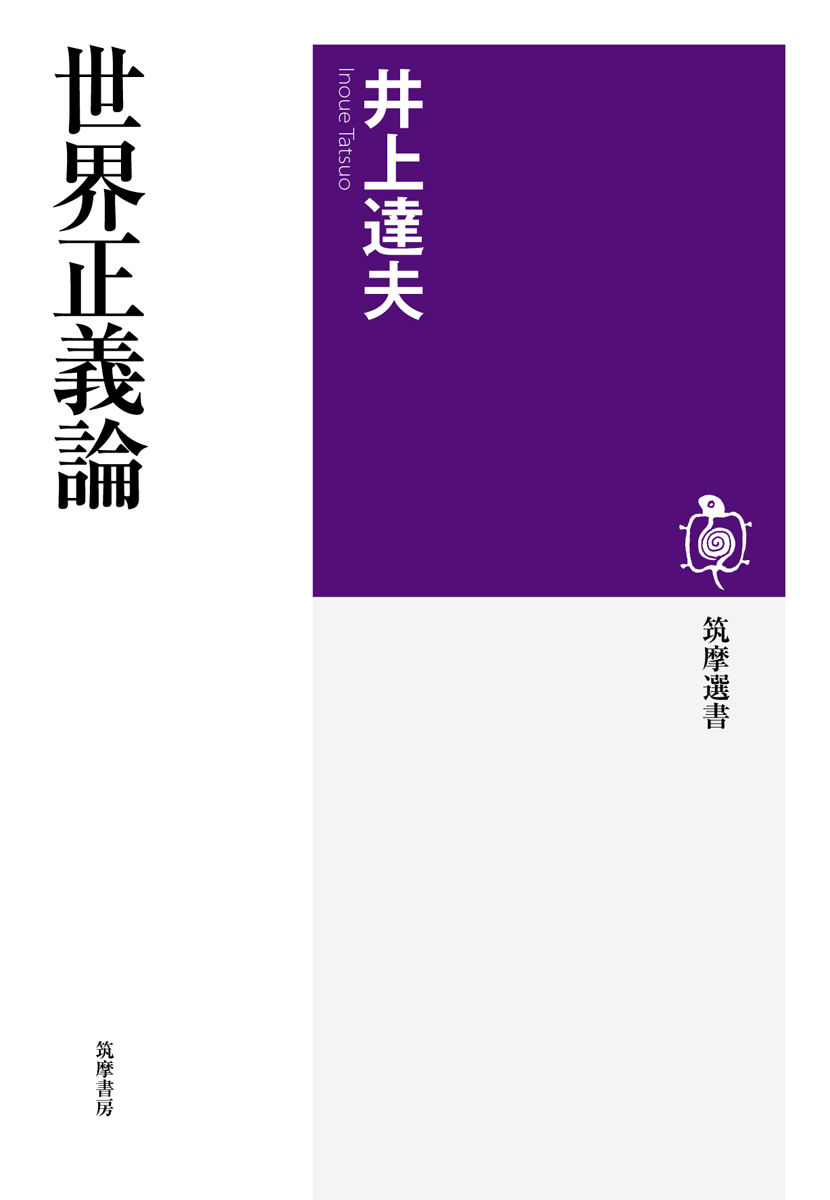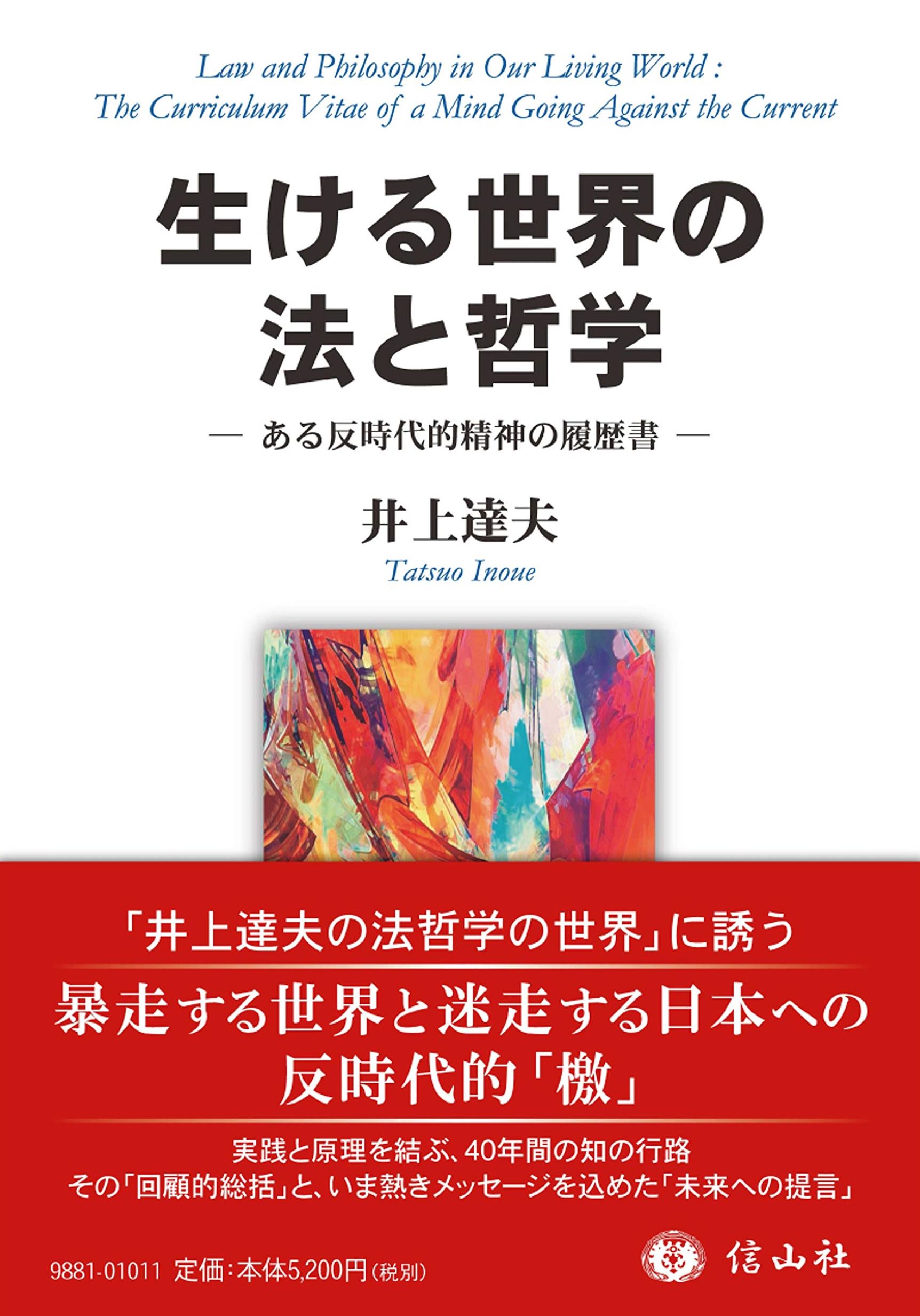
Title
Ikeru Sekai no Ho to Tetsugaku (Law and Philosophy in Our Living World: The Curriculum Vitae of a Mind Going Against the Current)
Size
548 pages, 127x188mm
Language
Japanese
Released
January 31, 2020
ISBN
9784797298819
Published by
Shinzansha Publisher Co., Ltd.
Book Info
See Book Availability at Library
Japanese Page
This book is a compilation of the various “short pieces” (discussions and research articles) that I have presented over a research career spanning 40 years up to my retirement in 2020. There are two objectives to publishing this book. The first is to present the entirety of my research on the philosophy of law in a condensed form that provides readers with a bird’s eye view of the topic. The second is to offer practical recommendations for the future. Although I have sought throughout my research career to offer guidelines for dealing with various pathologies and crises faced by Japan and the world based on an investigation of legal and philosophical principles, I feel that the circumstances today are more dire than ever. This book represents an attempt to carry out my intellectual and social mission as a researcher on the philosophy of law by raising the questions that people want to turn their eyes away from and exposing the distortions and deceptions that currently pervade in Japan and in the world.
Two guiding concepts form the philosophical and ideological backbone running through this book. The first is that no subjective belief can escape the pitfalls of fallibility or narrowness. What is essential for maintaining awareness of these pitfalls is a commitment to the idea of objective truth against which subjective belief appears fallible and narrow. The second concept is that authoritarianism, which misapplies the idea of justice as ideology for dogmatic self-rationalization, and relativism, which cynically undercuts the idea of justice as nothing more than ideology, are birds of a feather insofar as they both allow people to retreat into their own judgement. To transcend this false dichotomy that hides the underlying common error, I have sought to elucidate the significance and implications of the “concept of justice” as a common constraint on various competing “conceptions of justice” that are invoked when establishing specific criteria of justice. This demands the prohibition of non-universalizable discrimination between the self and others and a close examination of the reversibility of one’s own and others’ positions and perspectives. Justice, which stands at the polar opposite of dogmatic self-rationalization, obligates us to continuously consider fairness towards others through critical self-examination.
The two guiding concepts of objective truth and justice as the universalization demand serve as the fundamental principles of liberalism, which seeks the creation of a political society that enables the fair conviviality of people with differing points of view. The book consists primarily of five chapters. The fundamental philosophical stance explained above is clarified and defended mainly in Chapter 4 after discussing more specific and practical issues in the preceding three chapters. Chapters 1 and 2 present guiding principles for the self-reform of Japanese society and, in particular, the reorganization and reinforcement of our constitutional democratic system. Chapter 3 presents guiding principles for the formation of a fair and impartial world order at a time when globalization is intensifying strife and fractures. The last chapter, Chapter 5 titled “Life and Philosophy of Law,” examines issues lying at the intersection between people’s views of life and philosophy of law. The scope of this examination also extends to my own life. In addition, the chapter recalls the scholarly lives of pioneering Japanese and foreign scholars who substantially influenced my thinking. It is my hope that readers can enjoy this last chapter as a postlude to the book.
(Written by INOUE Tatsuo, Professor Emeritus, Graduate Schools for Law and Politics / 2022)



 Find a book
Find a book


